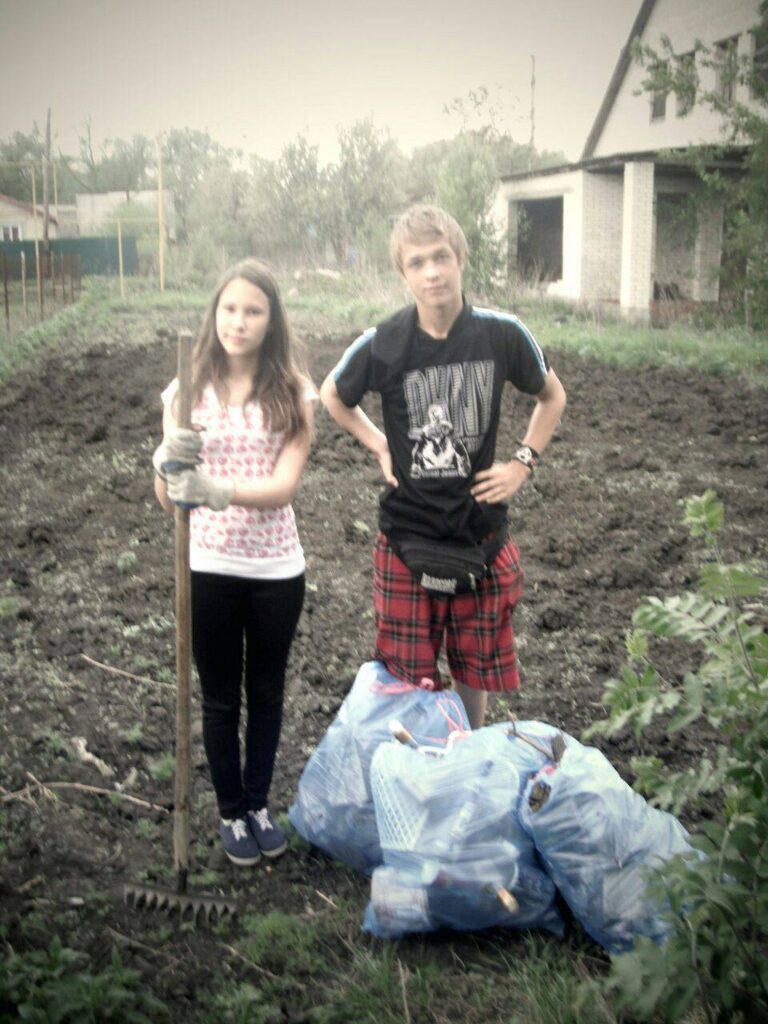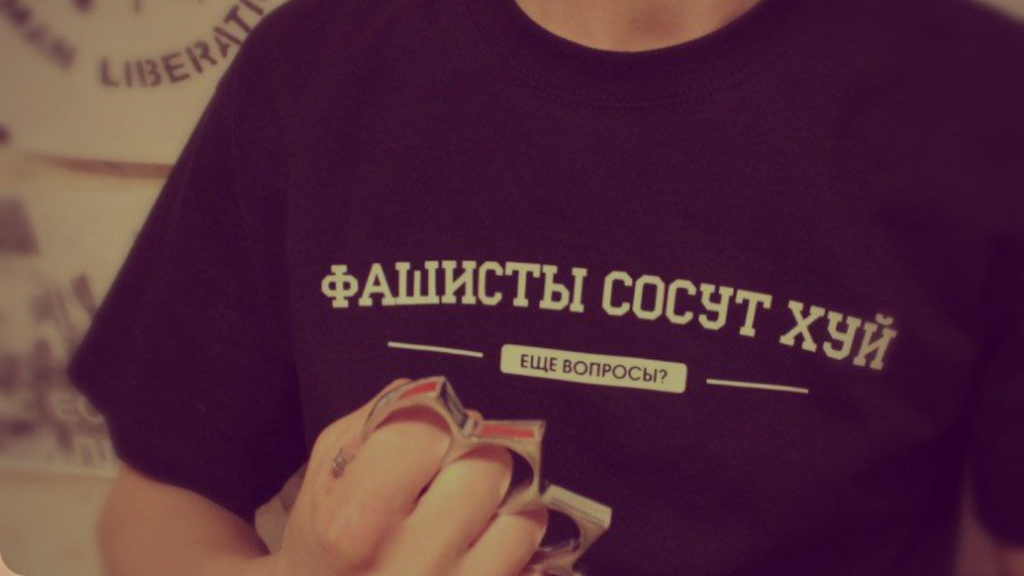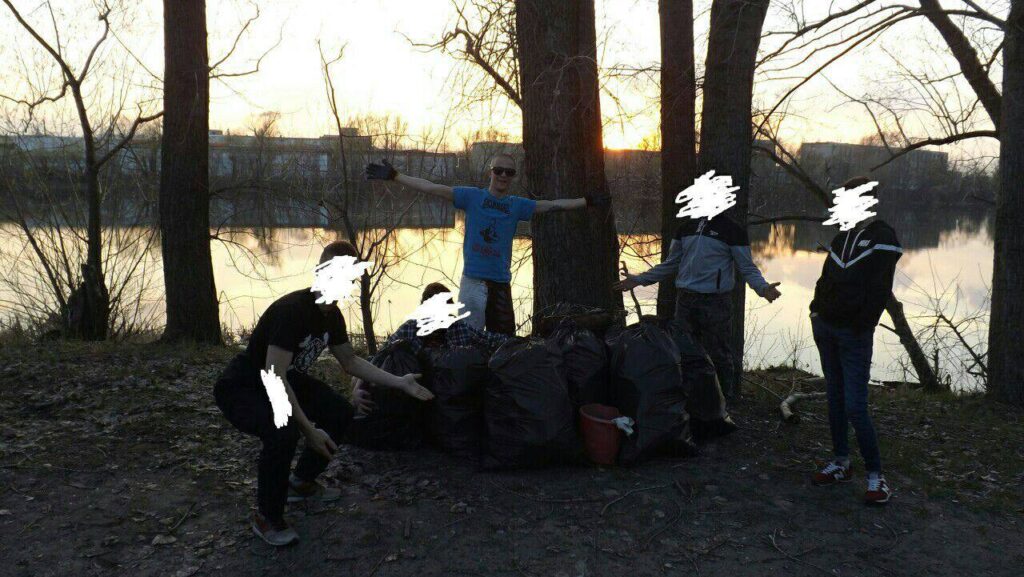
Ilya “Spike” Shakursky is a Russian anarchist, antifascist, and eco-activist, part of the “second” generation of the Antifa movement in Russia. Born on April 10, 1996, in Mokshan, Penza region, he actively participated in antifascist and anarchist actions from 2013 to 2017 in Penza and Moscow.
EARLY ACTIVISM

Ilya’s journey into the Antifa movement started with a passion for punk rock music. Inspired by anarcho-punk bands, he organized direct action protests as a schoolboy. He led classmates in cleaning the Moksha River, sparking regular “Subbotniki” clean-up events.
Additionally, Ilya organized the first freemarket at his school.
ACTIVISM AND INJUSTICE
From 2013 to 2017, Shakursky actively participated in various anti-fascist and anarchist actions in Penza and Moscow. His activism extended beyond political boundaries as he supported homeless animal shelters, organized food not bombs initiatives, and contributed to musical projects. Amidst his activism, Shakursky pursued academic endeavors, enrolling in the Faculty of Physics, Mathematics, and Natural Sciences at Penza State University. In the antifascist movement, Ilya became known around 2013 after a controversial video showed him and his girlfriend surrounded by about twenty neo-Nazis. They attempted to provoke him.

“Center E” became interested in the popular video. Shakursky was summoned to police stations and Center “E,” where cooperation proposals were made. They said:
- “You’re an antifascist, so show us the fascists.”
Ilya refused, leading to threats:
- “Don’t want to be friends? Well, we’ll be enemies.”
He later met with an FSB officer who offered cooperation, which he also refused. This led to problems at university, with FSB officers trying to discredit him by portraying him as a neo-Nazi. Despite this, he continued to study anarchist theory, write articles, and participate in concerts and rallies commemorating murdered antifascists.
NETWORK CASE:
Ilya Shakursky was arrested in Penza on October 18, 2017. During the search, weapons and an explosive device were allegedly found in his apartment. Shakursky claims they were planted by FSB officers. Despite initial confession, he later stated it was coerced under torture by his lawyer Mikhail Grigoryan. His mother’s complaint against Grigoryan highlighted his failure to address reports of torture.
The torture became public knowledge on February 7, 2018, when his new lawyer, Anatoly Vakhterov, uncovered it. Shakursky retracted his confession in May 2018. FSB officers allegedly threatened his friend Victoria Frolova to coerce another confession in September 2018.
In July 2019, it emerged that files on Shakursky’s laptop were tampered with after his arrest. Prosecution claims he was a scout for the “Network” terrorist group, responsible for reconnaissance, bomb-making, and survival training.
On December 26, 2019, the prosecution sought a 16-year sentence.

In a deeply flawed legal process, Shakursky was sentenced to 16 years in a maximum-security prison on February 10, 2020. The charges ranged from organizing activities for the “Network” terrorist community to possession of weapons and explosives. Despite maintaining his innocence, Shakursky’s refusal to admit guilt contributed to one of the harshest sentences in the case.


Conclusion
Ilya Shakursky’s story epitomizes the struggle against injustice and state repression. Despite facing grave challenges, he remains a symbol of resilience and unwavering commitment to his principles. His fight is not just for his freedom but for justice and fairness for all.




